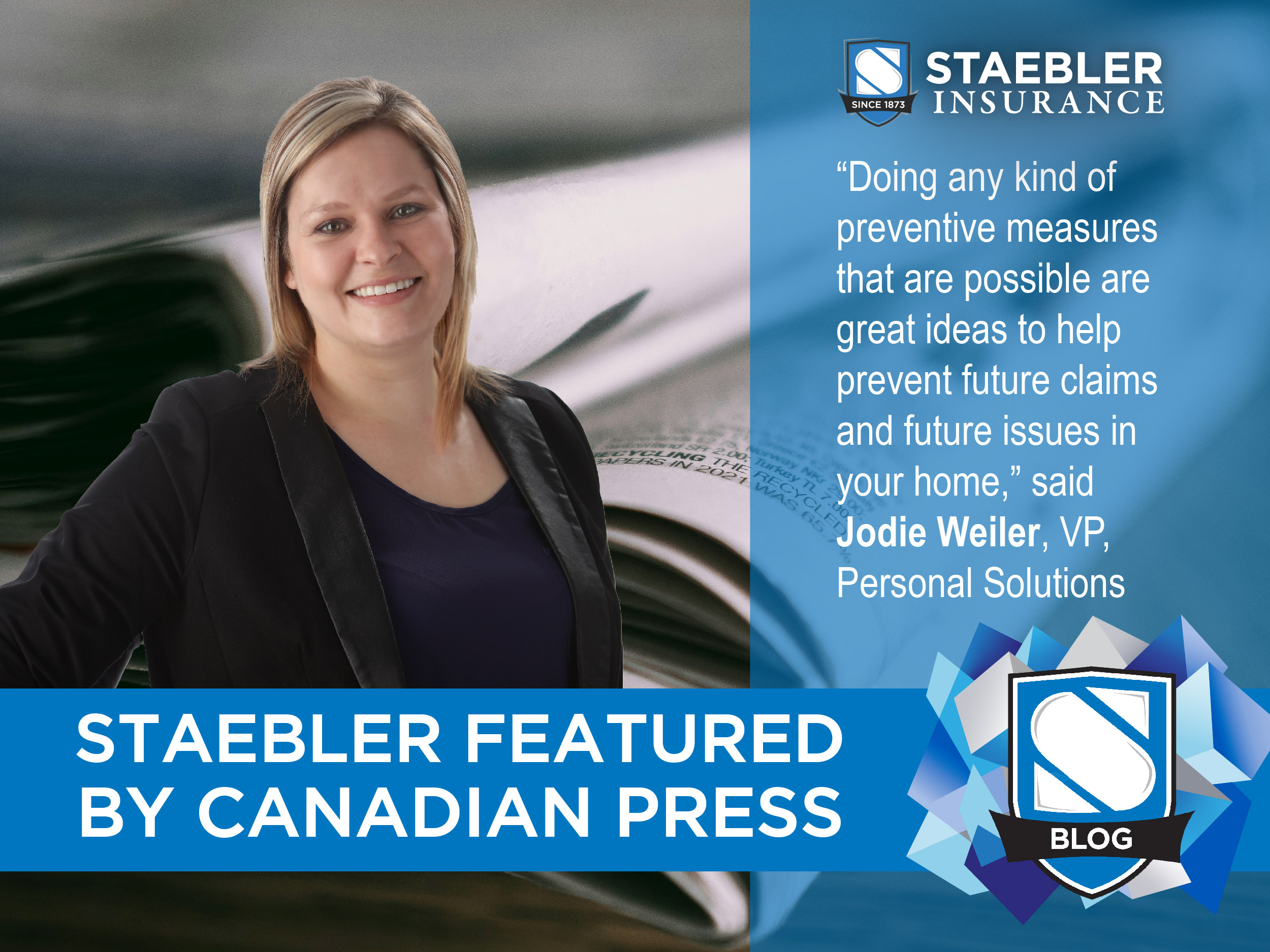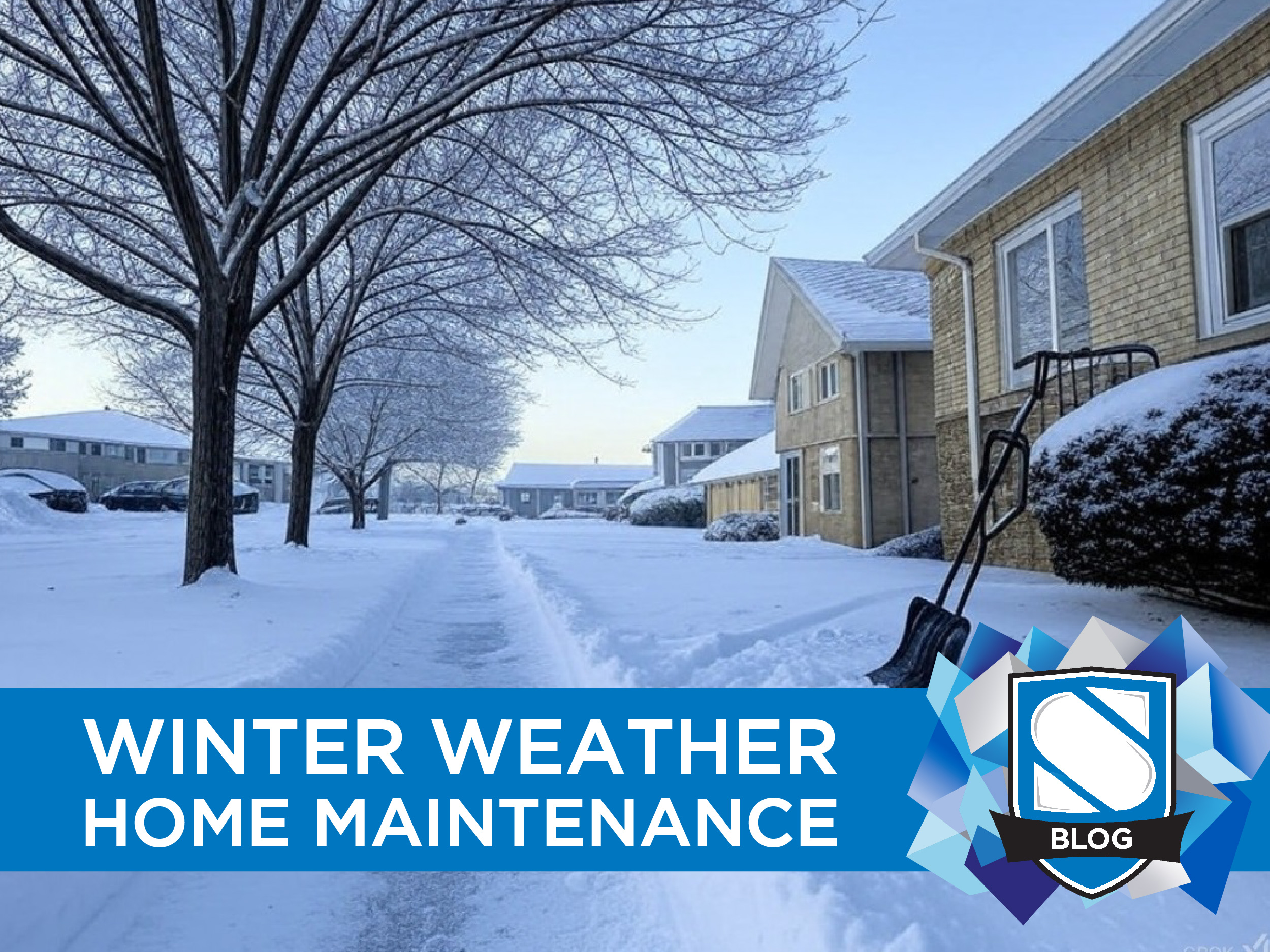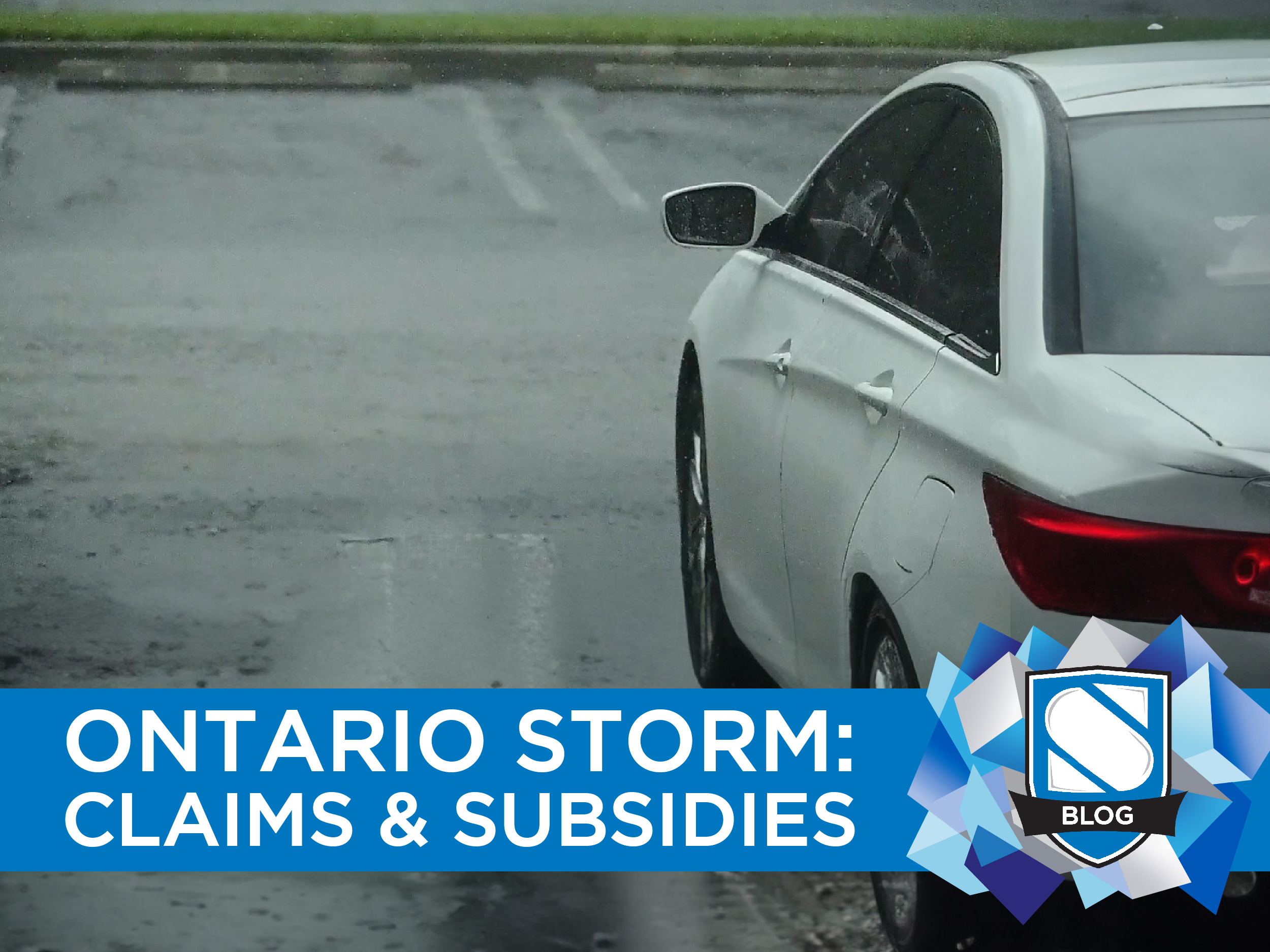Travel Insurance
In our previous article, we asked a true or false question:
True or False: If you switch to a more expensive car or a newer model of vehicle, your car insurance premium may increase.
Answer: All things being equal, this is true! You should probably anticipate a higher insurance premium if you switch to a more expensive car or newer vehicle model. But these days, there are so many factors that go into determining an auto insurance premium that speaking to your broker is the best way to understand how a new vehicle might impact what you pay.
Did you get it?
Now for this post’s question!
A recent BMO study revealed that what percentage of Canadians always buy medical insurance before traveling?
We’ll reveal the answer in our next post!
You’re all set to go on vacation. Bags are packed, passport is ready, you’ve even got your trusty fanny pack with all the essentials (fanny packs are stylish again, didn’t you know?). Say you get in the car, drive across the border (for the sake of this post, let’s pretend you’re headed to New York City, and you’re driving), and you’re so hungry that you stop at the first restaurant you see.
You and your family run inside, order up, and down the entire meal in seconds. It was gooooood.
But a few hours later, you’re not feeling so hot. Sweat starts pouring down your face, your arms feel shaky: was it something you ate? Or did you catch something before you left? Who knows, but you’re not at home anymore and the signs are you’re going to need a doctor.
If you’ve bought yourself some handy travel insurance, there’s nothing to worry about! Head to a clinic or ER, wait around, and get yourself checked out without worry. But if you’ve neglected to buy travel insurance, well you’d better hope that a mild case of food poisoning is the only medical worry on your trip, lest you blow the entire budget and then some on medical care.
It’s All Fun and Games Until You Break a Leg
It?€?s easy enough to say “it won’t happen to me,?€? but no one is immune to a case of bad luck. Bad things happen to good people, so why not head into your vacation fully prepared instead of leaving it up to chance?
Travel insurance has evolved over the years, and many insurers now provide a range of options for travelers: Single trip vs. annual coverage for multiple trips; overseas vs. traveling to the United States; even coverage for trips just outside of Ontario (for things not covered by OHIP).
Emergency health services are very costly outside of Ontario, and travel insurance will reimburse you for emergency hospital and medical expenses occurred during your time outside the province. A list of just a few of the possible expenses are:
· Hospital room accommodation
· Incidental expenses related to the hospital stay (ie. food; television; etc.)
· Outpatient services
· Licensed Physician’s fees
· Prescriptions and/or medical, therapeutic, or diagnostic treatments
· Medical appliances (ie. cast; crutches; wheelchair; sling; etc.)
· Emergency dental care
· Ambulance and air ambulance medical evacuation
Yes, that’s right, everything from the room you stay in to a fabric sling will set you back a pretty penny outside of Canada. And what if you have an accident that requires surgery? You’ll be paying for the services of everyone involved, including anaesthesia, after-care, and recovery.
In a worst-case scenario, without travel insurance, your medical costs can skyrocket to the point of losing your car or house. How about $20,000 to treat a broken leg in the United States? Or $60,000 for a week’s hospital stay due to fatigue from an unexpected irregular heartbeat?
These are true stories from Canadian travelers ?€?so why keep thinking that it can’t happen to you?
Protect Your Family, Then Enjoy the View
The good news is, travel insurance doesn’t have to just cover medical expenses. There are types of travel insurance that can cover baggage loss, trip cancellation, or trip interruption, so it’s important to speak to your broker to determine what the best travel insurance is for your needs.
Be sure to disclose any and all pre-existing conditions too, even if you think they?€?re not relevant. Some coverage may be affected or your claims may be denied if you neglect to disclose information?€?so better safe now than sorry later!
Ultimately, when compared to the potential cost to your family and your savings, covering yourself with travel insurance before a vacation is perhaps the most affordable way to protect your family’s well-being. Bad things happen, sure but they don’t have to affect you for months or years down the road. You want to remember the fun parts of the vacation, not the medical bills you’re still paying off!
Do yourself and your family a favour: talk to your insurance broker about what the right type of travel insurance is for you before leaving the driveway.














0 Comments